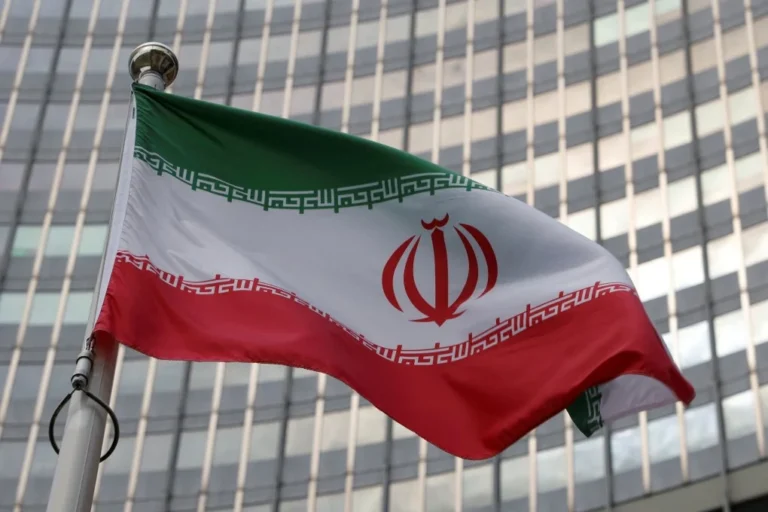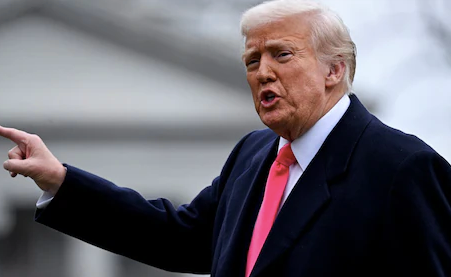
A Political Reversal When Military Talk Intensifies
Initial whispers of martial law from South Korea’s military and political establishment are beginning to spark new public concern about the integrity of the nation’s democracy. At the heart of it is opposition leader Lee Jae-myung, who now appears to be establishing a new luck with growing distrust of the current administration. This analysis deconstructs the facts, context, and possible implications of the developing scenario.
Lee Jae-myung’s Progression: From Indicted Politician to Possible Commander-in-Chief
Lee Jae-myung is one of the most divisive figures in South Korean politics. After losing narrowly to Yoon Suk-yeol in 2022, Lee has spent the next three years engulfed in allegations of corruption. Despite the investigations eroding Lee’s appeal with moderate voters, he retained a strong core of support among young, economically disadvantaged voters who appreciated his populist, reformist agenda. The current political turmoil has produced some unexpectedly fortunate opportunities for a revival.
The Heart of the Controversy
The anger is focused on reported discussions among former defense officials, such as Suh Wook, the previous Minister of Defense, on what martial law would look like in a potential unrest situation. Even in the absence of direct orders or actual presidential authorization, there is anxiety among the populace surrounding the apparent politicization of military power articulated through leaked documents and comments. Given South Korea’s history of authoritarian regimes, the sheer prospect of declaring martial law has dramatically heightened public panic and calls for an inquiry.
The South Koreans are particularly attuned to any signs of military overreach as a result of traumatic historical episodes like the 1980 Gwangju Uprising and the murderous suppression by troops under the Chun Doo-hwan government of hundreds of civilians. The history of South Korea makes talking about martial law always politically loaded. The ongoing conversation reignited the fears of returning to authoritarian rule, and the fears regarding the state of democracy in the country returned.
Lee’s Political Momentum
After accepting the allegations, Lee Jae-myung has successfully cast himself as a defender of democracy, demanding complete transparency and institutional reforms. His approval ratings have risen sharply—according to recent Gallup Korea polls, by nearly 7% in a fortnight, making him the leading opposition figure for the 2027 presidential election. He has also been able to consolidate a number of fractured progressive factions, expanding his political base in a way that, just a few months ago, appeared unlikely.
Patterns Across Borders
Indeed, across the world, the tension between democratic governance and national security does not exist simply in South Korea. Turkey’s 2016 coup attempt and Thailand’s 2014 military coup are examples of what can happen when martial law is invoked to justify authoritarian rule. South Korea has more robust institutionalized safeguards against this, but this episode indicates a wider world trend towards weakening civil-military distinctions in democracies in crisis.
Parsing the Evidence
Much of the present public anger is predicated on incomplete information. Leaked documents and unofficial testimony imply serious deliberations but short of confirming a full-blown conspiracy. The Ministry of National Defense and the presidential office denied any impropriety. But the lack of clarity has encouraged speculation and made it hard to disentangle fact and political narrative. This ambiguity is important for how actors understand the issue.
The Stakeholders and Their Interests
Civil Rights Advocates: Have taken to the streets, apprehensive for the democratic order, calling for a parliamentary inquiry and reforms.
Allies of the Government Party: Believe the opposition is using unsubstantiated allegations against the government for their political gains.
High-Ranking Military Officers: Soon after the scandal broke, they publicly emphasized their desire for constitutional guarantees/rights and civilian supremacy.
International Allies: Foreign governments are carefully monitoring the situation, but stated relatively clearly they would support the process in place for South Korea as a democracy.
The Election in a Democracy, and What’s at Stake
A controversy may lead to the strengthening of South Korea’s democratic institutions through reform or imposition of more polarization and further diminishment of trust, by the public or in institutions. If Lee can exploit this opportunity without overextending himself, he could take the initiative coming out of this, going into the 2027 election. Alternatively, if evidence ultimately challenges or disproves claims about martial law along the way, the very legitimacy of the opposition to the currently ruling party is hit hard. Regardless of the scenario, an extraordinary impact is being imposed on the political context, affecting how various future crises are addressed.
A Democratic Moment
Sarah, while South Korea reflects on the implications of speculation about martial law and golf, the episode highlights a persistent conflation of security and civil liberties (Lee Jae-myung). For Lee Jae-myung, the crisis could constitute a surprising opportunity to recover some political momentum. For the country, it is a reminder that democracy does not simply happen; it happens only if it is vigilant, always vigilant, especially when there is an external and/or internal threat to it.
FOR MORE UPDATES, VISIT QUESTIQA.COM




